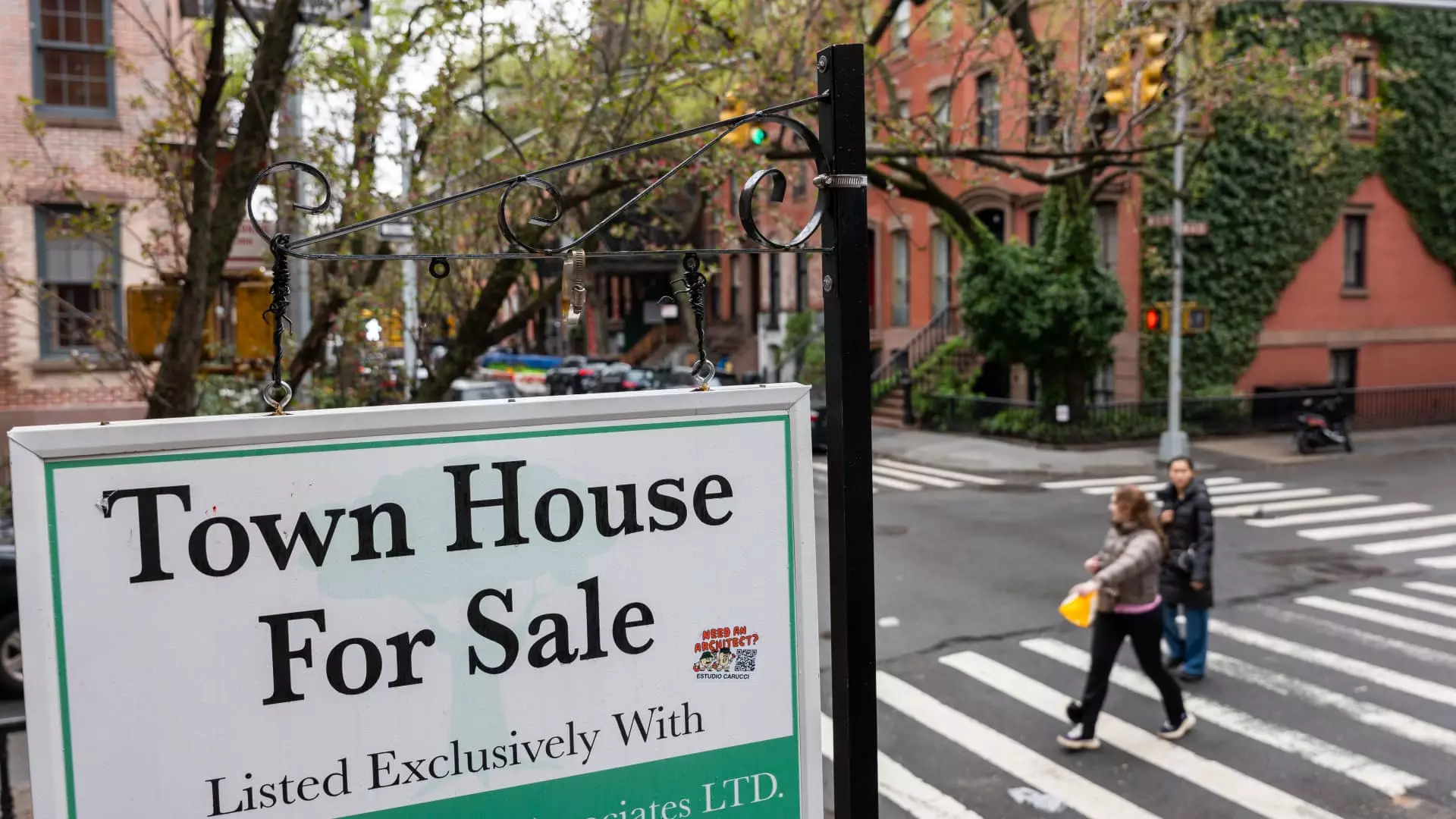The Manhattan real estate market is experiencing a shift towards becoming a buyer’s market, with falling apartment prices and an increase in inventory. According to recent reports, the average sales price in Manhattan has dropped by 3%, settling just above $2 million. The median price has also seen a decrease of 2%, now at $1.2 million. Notably, the luxury segment of the market has experienced price drops for the first time in over a year. These declines can be attributed to the rising number of apartments available for sale, which are taking longer to sell. With over 8,000 apartments currently on the market, Manhattan’s supply exceeds the 10-year average of around 7,000 units.
Buyer’s Market
Manhattan’s current inventory levels have created a buyer’s market scenario, with a 9.8-month supply of apartments available for sale. Any supply exceeding 6 months indicates an oversaturation in the market, favoring buyers over sellers. This contrasts with the national real estate landscape, where limited supply has driven prices up. Brokers and analysts suggest that Manhattan’s post-COVID pricing surge was unsustainable, leading both buyers and sellers to reconsider their positions in light of higher interest rates.
Sales Activity
Despite the challenging market conditions, there has been an increase in sales activity in Manhattan, with a 12% rise in the number of transactions compared to the previous year. This marks the first sales rebound in two years, signaling a potential shift in the market. The narrowing gap between buyer and seller expectations is contributing to more deals closing. The high rents in Manhattan, averaging over $5,100 a month, are also incentivizing potential buyers who had been renting to enter the sales market.
The changing interest rate environment is a key factor influencing buyer behavior in Manhattan. As interest rates rise, buyers and sellers are adjusting their expectations, leading to more market activity. While mortgage rates have a less pronounced effect on Manhattan real estate due to a higher proportion of cash deals, overall market sentiment is influenced by broader economic trends. The uncertainty surrounding the elections has prompted wealthy buyers to delay luxury purchases, resulting in a decline in median sale prices at the high end of the market.
Looking ahead, market observers are closely monitoring Manhattan’s real estate landscape for further developments. The convergence of factors such as inventory levels, interest rates, and buyer sentiment will shape the market in the coming months. The impact of high rents on sales activity, coupled with a potential shift in interest rates by the end of 2024 or early 2025, could lead to changes in market dynamics. While the current weakness in luxury sales may be temporary, it underscores the need for caution and adaptability in navigating Manhattan’s evolving real estate market.

Leave a Reply